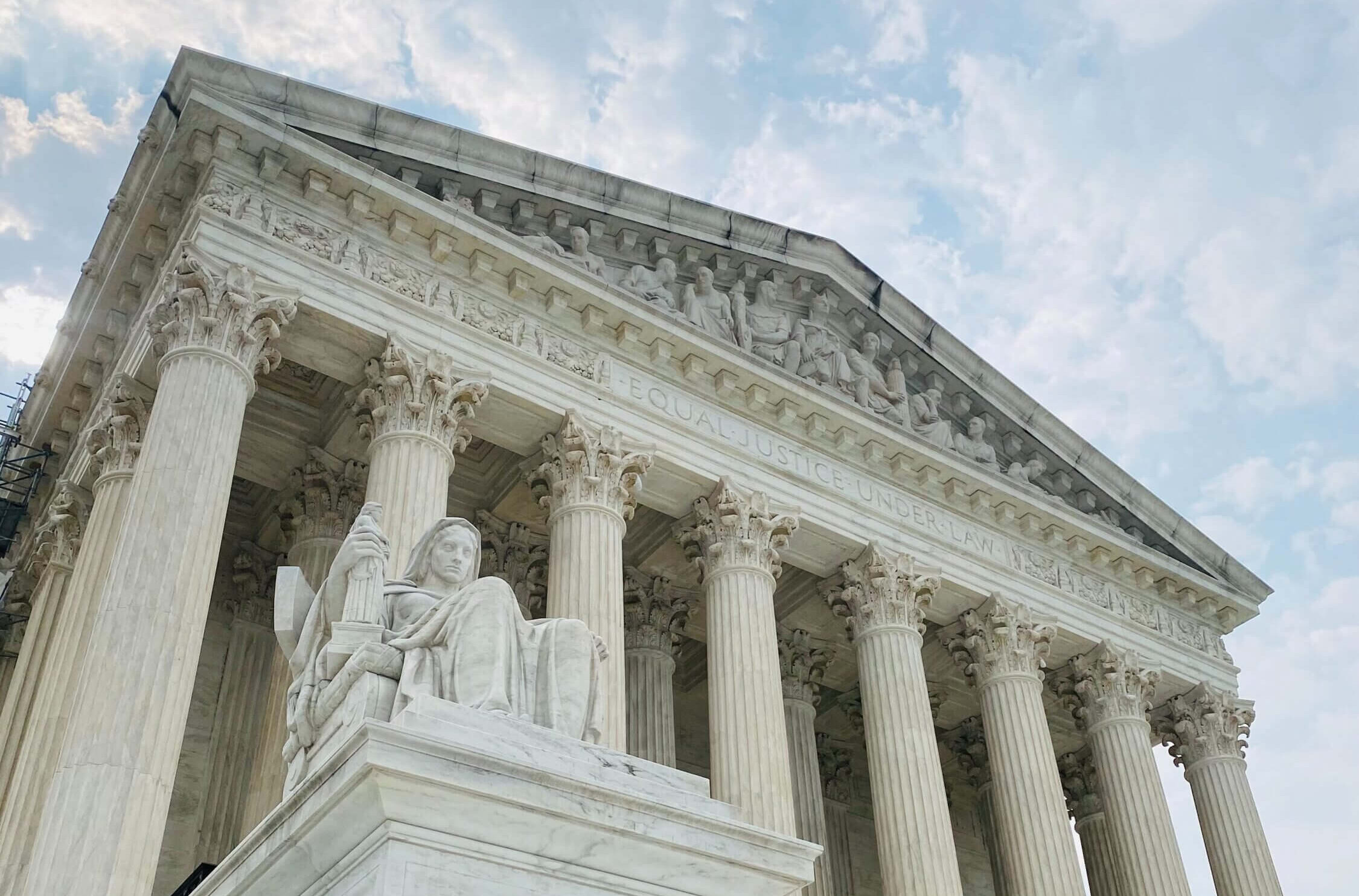
primer domain was triggered too early. This is usually an indicator for some code in the plugin or theme running too early. Translations should be loaded at the init action or later. Please see Debugging in WordPress for more information. (This message was added in version 6.7.0.) in /home/ikq167bdy5z8/public_html/propertyresourceholdingsgroup.com/wp-includes/functions.php on line 6114
New rules for Justices fall short of standard recusal language, raising concerns about accountability
In a move aimed at addressing concerns over ethical lapses among Supreme Court Justices, all nine members of the highest court announced on Monday that they have agreed to a code of ethics. However, critics are raising eyebrows over the code’s wording, particularly the softer language surrounding recusal.
Under the newly adopted code, Justices are advised that they “should” disqualify themselves in a proceeding in which their impartiality might reasonably be questioned. This language contrasts with the more definitive “shall” used in the code of conduct for lower federal judges. The difference in wording has prompted scepticism about the enforceability and impact of the Supreme Court’s ethical guidelines.
The code of conduct for other federal judges states, “A judge shall disqualify himself or herself in a proceeding in which the judge’s impartiality might reasonably be questioned.” In contrast, the Supreme Court’s code uses “should” instead of “shall,” leaving room for interpretation and discretion.
Critics argue that the effectiveness of the Supreme Court’s code of ethics is necessary to maintain a precise enforcement mechanism. Unlike the rules governing other federal judges, the Supreme Court’s code lacks a defined process for handling complaints about ethical breaches. The Judicial Conduct & Disability Act, which outlines procedures for complaints against federal judges, does not extend to Supreme Court Justices.
The voluntary nature of the Supreme Court’s code of conduct and its reliance on ethical self-regulation by the Justices have also raised concerns about accountability. Critics, including the group Accountable.US, have characterized the code as a mere “PR stunt” without a robust mechanism for oversight and enforcement.
The announcement comes after a series of controversies in 2023, including reports of Justices Clarence Thomas and Samuel Alito accepting lavish gifts and Sonia Sotomayor engaging in book promotion. Adopting a code of ethics is seen as a response to these incidents, but questions linger about whether it will bring meaningful change to the ethical standards of the Supreme Court.